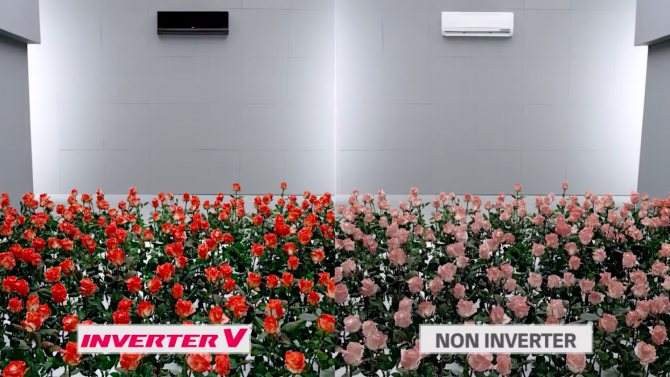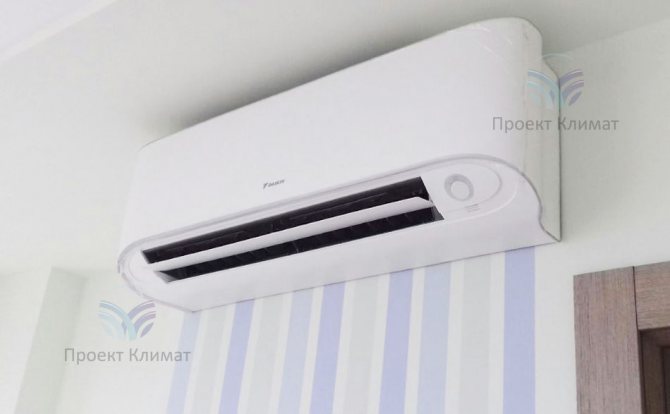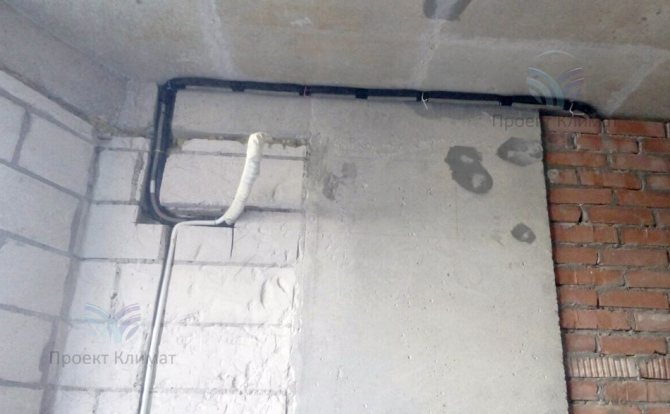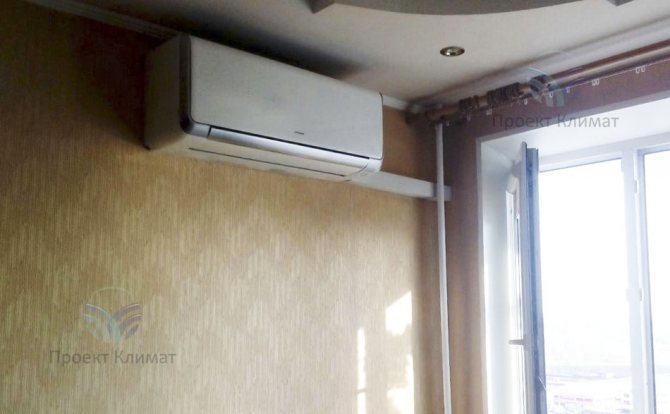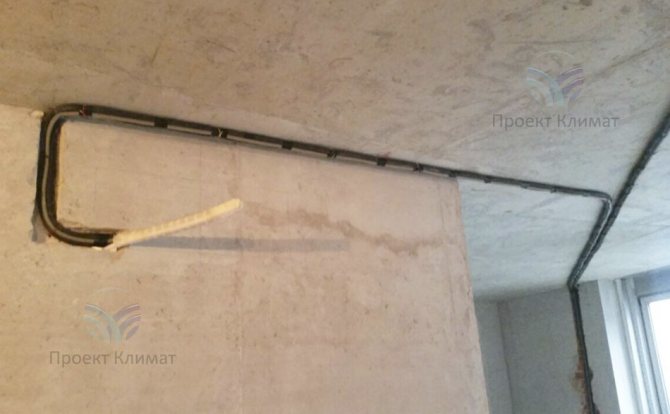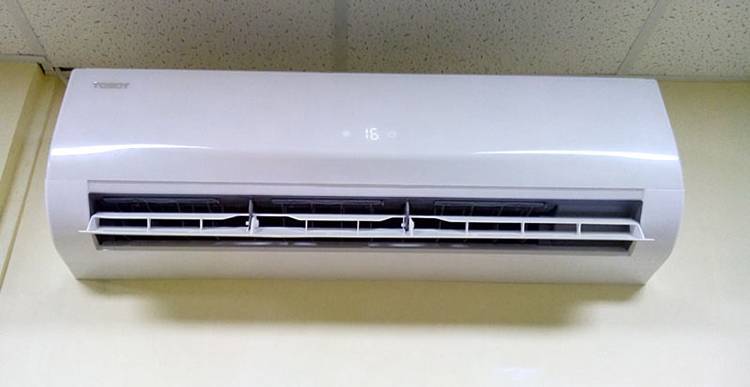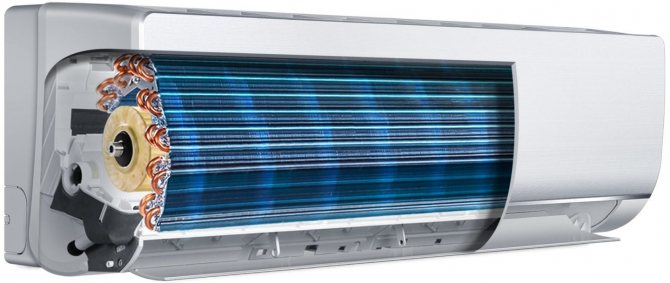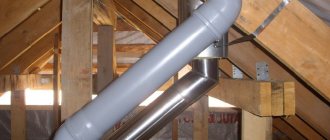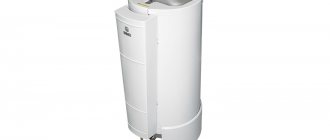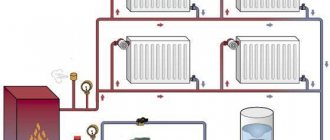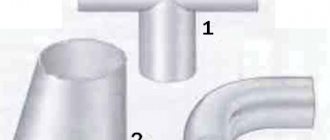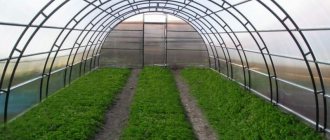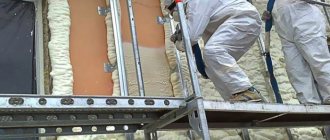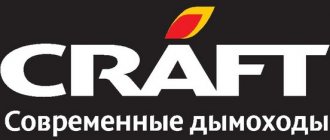What are inverter split systems
Inverter split systems were invented in Japan back in 1981, and today only this type of equipment is used and produced in this country. Before the advent of the inverter modification, air conditioners worked according to the on-of principle (start-stop) - start, work at full power until the set temperature was reached, stop. As soon as the temperature rises, everything is repeated. The Japanese, on the other hand, equipped the air conditioning system with an inverter - a current conversion device that allows the compressor to operate in a wide range of capacities.
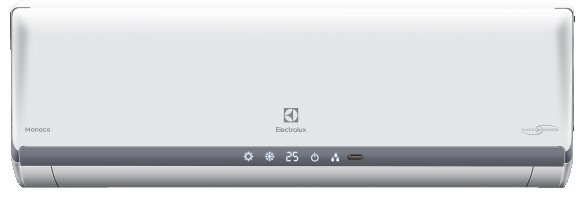
That is, the main difference between inverter-type split systems and start-stop split systems is the automatic regulation of the compressor power in the process of maintaining a given temperature regime.
And already the rest of the differences / advantages, which were quickly appreciated all over the world, are based precisely on this opportunity.
The principle of operation of the inverter air conditioner
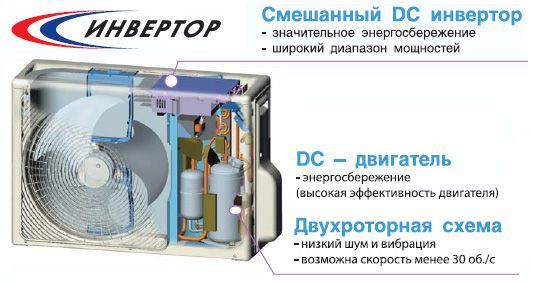

Inverter air conditioner unit
The inverter-type air conditioner motor is supplied with current through the converter, changing the speed of the motor. Electric current, falling on the control board, is converted to obtain the desired frequency. The main advantage of this technology is that the speed of the compressor motor can be changed in a very wide range, reaching more than three thousand revolutions per minute, increasing the productivity of the device. The engine runs at increased speed until it reaches the required indoor temperature. After that, the motor of the inverter air conditioning system gradually slows down, without stopping and maintaining the reached temperature.
The system does not wear out as quickly as there are no on-off cycles. When the compressor of a conventional air conditioner is turned off, the lubricant is drained and the compressor runs dry for a few seconds. This leads to wear of the parts.
Advantages and disadvantages of inverter split systems
Galakhov Roman Vladimirovich Head of Service
Inverter split systems have several advantages:
- Low noise level - can be installed in bedrooms and children's rooms, the equipment does not interfere with a restful sleep.
- Lack of "drafts" and "blowing".
- High performance - in hot weather, the air conditioner is guaranteed to cope with the task and set the set temperature in the shortest possible time.
- High energy efficiency - economical energy consumption (consumption is about 30-50% lower).
One of the most important parameters in this list is high energy efficiency. Since January 1, 2011, in our country, in accordance with the Regulation of the Government of the Russian Federation No. 1222 "On the types and characteristics of goods ...", a list of products for which the energy efficiency class must be indicated - it also includes split systems. At that time, the "ceiling" was the A-class, which not all models of start-stop air conditioners reached. Today, inverter equipment corresponds to classes A +, A ++, and in some models of the premium segment and A +++. Considering how fast electricity tariffs are growing, and how peak summer temperatures hit records year after year, it is difficult to overestimate the efficiency of the air conditioner.
With regard to power, the presence of an inverter does not give a wonderful increase, and in this regard there are no differences - both types of air conditioners are characterized by high efficiency in terms of power consumption.
Since energy is spent only on moving air masses, the device consumes about 3 times less than it generates.But since a motor with an inverter runs at minimum power most of the time, it is more economical.
The disadvantages of inverter systems are primarily attributed to their high cost - within the same brand, the inverter system costs almost twice as much. Against this background, the difference in energy consumption no longer seems so significant, since the overpayment will pay off within 3-5 years. But if we consider that the service life of inverter split systems is longer, they will have time to pay off and to save money.
Since the inverter is located in the outdoor unit, there is an opinion that such systems are more vulnerable to external influences and are unlikely to develop the voiced resource.
306342FORUMHOUSE Member
I work in Togliatti as an installer, MOT, repairman. Recently, I have come across rotten contacts on the NB. And then what will happen to the inverter in 5 years? In the inverter, there are a bunch of microcircuits and transistors that heat up at subzero temperatures - condensate is provided, and rot (there is no blowing), if at least one track collapses, there will be a failure throughout the system.
This opinion is wrong.
Galakhov Roman Vladimirovich
Over the past 3-5 years, the transition to a new platform of electronic systems for outdoor units of inverter air conditioners has been gradually completed. In previous generations of inverter air conditioners, at least 3 electronic boards were installed in the outdoor units - noise filtering board, main control board and IPM (Inverter power module, compressor power board), which were interconnected by a sufficiently large number of loops and wires. The new generation of inverters uses one integrated electronic board, which avoids unnecessary connections, and therefore contact bounce and the possibility of corrosion in the connections. The electronic board is coated with either varnish or bakelite mastic to prevent corrosion.
Heating by inverter split systems
Inverter air conditioners have another important advantage - they are designed for both cooling and heating. Nominally, conventional air conditioners are also capable of heating the room in the cold season, but their limit is 5-7 degrees below zero with a decrease in efficiency, since they are still focused on cooling.
gorchakovFORUMHOUSE member
And why are inverters better for heating? I am not confused by the start / stop mode, the noise also does not bother me much, they will be in an uninhabited zone. And it seems to me that the efficiency will be higher for the engine that operates at the speeds for which it is designed, and the floating power, maybe, allows you to save something, but in scanty amounts. In addition, I mean work from a gas generator, but I came across information that inverter air conditioners are trying to start, but they go into error even if the generator's capacity is ten times the compressor's capacity. And the price of the inverter, on average, is 10,000 rubles more with equal power, confuses me.
kmvtgnFORUMHOUSE Moderator Assistant
The topic is extensive.
- Start-stop are designed, first of all, for cooling in the + 7 / + 55 ⁰С mode. The heating mode for them is in advance ineffective.
- The capillary used in budget models is designed for one mode.
- The compressor resource is determined, among other things, by the number of starts.
- In low voltage networks, the inverter performs better.
- If a 2-3-fold power reserve is needed to start a start-stop generator from a generator, the inverter does not need a power reserve.
Thus, a cheap start-stop split in heating mode will almost never work "in mode". I have experience of using both start-stop on a capillary tube and an inverter one. Inverter is an order of magnitude better.
There is an exception to the rule - there are start-stop with ERVs, but they are not cheap at all. And there are cheap inverters, but not with ERV, but with capillary. But even in this case, they are better than start-stop, the inverter adjusts the compressor to the capacity of the capillary.
For a combination of reasons, recently interest in alternative heating systems has increased significantly, especially in heating with air conditioners, which are, in fact, heat pumps.
MamonovFORUMHOUSE member
To begin with, I want to understand - is an inverter air conditioner comparable to a heat pump in terms of its efficiency (for heating)? Or are they different things? Why am I asking - I have an inverter. And then, it was, I thought about heating the future house with electricity, including with the help of heat pumps. And then I thought, is there any point in buying TH, if there is such an air conditioner. I just don’t understand these intricacies and don’t understand, is an inverter air conditioner the same as a heat pump, or does it have a different efficiency?
Galakhov Roman Vladimirovich
Scientifically speaking, a heat pump can be any air conditioner that operates on heating, not even an inverter one. But in the Russian language it so happened that in colloquial speech a "heat pump" is understood as a high-performance inverter system that is capable of heating to very low temperatures with a small drop in efficiency. Low temperatures mean the ambient temperature down to -30 ⁰С.
In terms of heating efficiency at extreme negative temperatures, I would divide inverter air conditioners into 4 categories:
- Standard inverter split systems (heating efficiency class COP A). Heating up to -10 ⁰C outside.
- "European" inverter split systems (energy efficiency class in heating mode SCOP A ++ / A +++). Heating up to -20 -15 ⁰С outside.
- Heat pumps (energy efficiency class in SCOP heating mode A ++ / A +++). Heating up to -25 on the street.
- High-performance heat pumps with an additional refrigerant injection circuit into the compressor (energy efficiency class in heating SCOP A ++ / A +++). Heating up to -30 ⁰C outside.
And although the use of air conditioners as the main heating equipment is still rare, many have already appreciated this method of "heating" in the off-season.
This is especially true in city apartments with centralized heating, which is often turned on and off without reference to the temperature regime outside. Also, some inverter air conditioners have an anti-freeze function - they automatically maintain a positive temperature in the room. Convenient when you need to leave for a long time, or the country house is visited only on weekends.
Which is the best inverter driven air conditioner
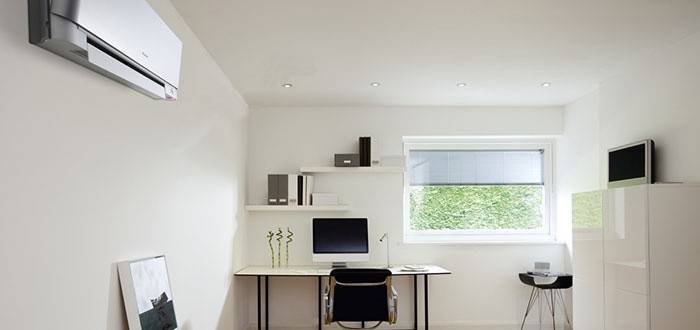

Many brands produce this category of household climate systems. The highest quality products are considered Japanese brands - Daikin, Toshiba, Panasonic, Mitsubishi and others. These manufacturers are constantly improving the design of their products, which are becoming more and more perfect: more economical and less noisy. Most models of Japanese manufacturers are capable of varying performance in the range from 25 to 75%, and top models from 5 to 95%.
Korean companies produce good inverter-driven air conditioners, which are slightly inferior in quality to eminent Japanese brands. Compared to their Japanese counterparts, Korean devices are not much worse, but they are somewhat cheaper. Chinese manufacturers produce inexpensive split systems with an inverter, but they are able to reduce their own power only within the range from 35 to 70%, which is noticeably worse than those of units produced by Japanese and Korean brands.
Daikin inverter split systems
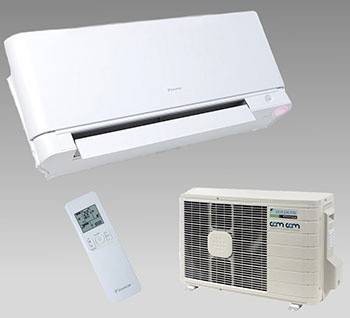

The Japanese company Daikin specializes exclusively in the production of HVAC equipment. All products manufactured at the company's factories undergo mandatory testing. Units manufactured by Daikin are distinguished by a long service life (both wall-mounted and floor-mounted versions), low noise (22-27 dB, for top models - 19 dB), excellent ergonomics and economy, a variety of functions, including a self-diagnosis function.There are two popular lines - FTX and FTXN.
- What is spinal hemangioma and how to treat it
- Useful properties of quince - cooking recipes. Quince - benefits and contraindications
- Beef soup: delicious recipes
Mitsubishi Electric
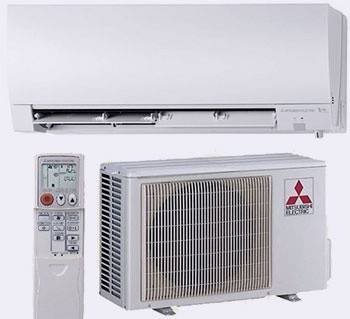

In terms of price / quality ratio, Mitsubishi Electric air conditioners are unmatched. Manufacturing and assembly of units and assemblies is carried out using modern technologies. Every assembled air cooler undergoes a 20-minute test, and some products are in-depth spot-tested. Some modifications of split systems of this brand are adapted to work for heating at an external temperature of minus 10 to 25 degrees. The company manufactures products with inverter series MCZ-GE and MSZ-HJ, which have minor differences.
Toshiba
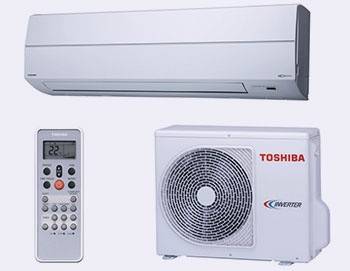

is engaged in the release of split systems of all modifications, including an inverter. Products of this company compare favorably with products of other Japanese brands in their price: it is slightly lower than that of air coolers "Panasonic", "Mitsubishi" and "Daikin", and the quality is not worse than theirs. The company produces several lines of inverter air conditioners - SKV, PKVP (with an increased length of the route), SKVP-ND (adapted to operate at outdoor temperatures up to minus 10 degrees).
Fujitsu
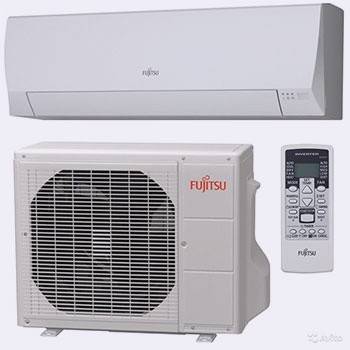

Split systems with an inverter of this brand are distinguished by high build quality, simplicity in operation and maintenance. Particularly popular are low-power models for the home, the power of which ranges from 5 to 8 kilowatts. Japanese cooling equipment has all the necessary functions: sleep timer, self-diagnostic mode, restart system, etc.
Samsung
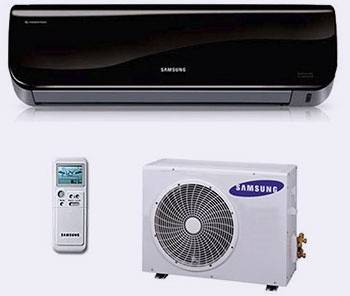

Korean products are considered economy class products, they differ from the products of Japanese brands in their affordable price. Samsung inverter air conditioners, despite their reasonable price, are of high quality: all units and assemblies of the air cooler meet quality standards. Reducing the cost of the product was achieved by reducing the service life (7-9 years), and reducing useful functions.
LG inverter air conditioner
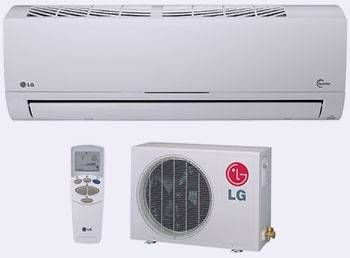

The products of the Korean company LG belong to the economy class, the prices of the split-system with the LG inverter are significantly lower than for the products of the Japanese companies. LG inverter air conditioners are of sufficient quality and reliability, and are popular with customers. Excellent design, the presence of many functions, including automatic cleaning, plasma air purification, ionization make LG products attractive to buyers with limited funds.

